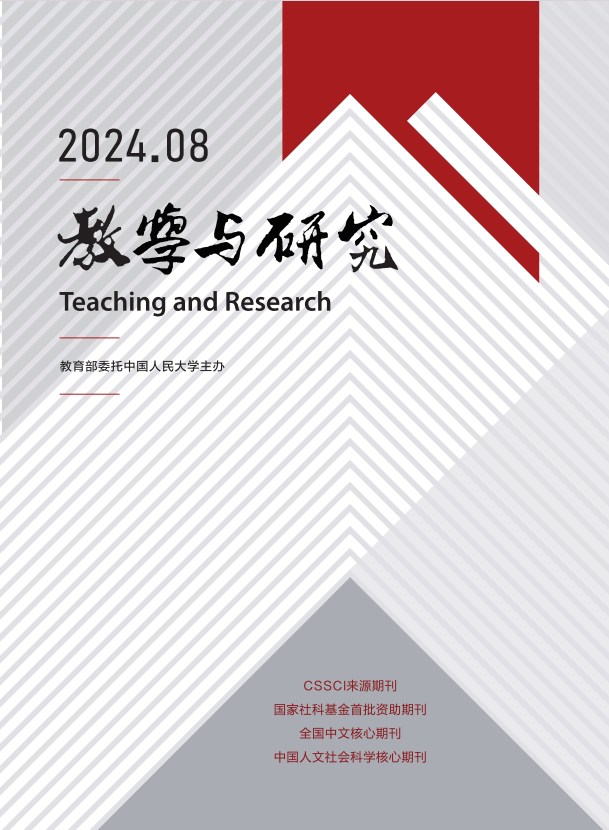As the world has entered a new period of turbulence and change, artificial intelligence (AI) has become a new “battlefield” of competition between major countries. As the driving force of a new round of scientific and technological revolution and industrial change, it is causing profound changes in interstate relations. The different choices made by countries on power distribution, benefit preferences and shared ideas have resulted in the intensified competition for power, reduced stability of international institutions, and widening differences in the culture of security in the era of AI. Technological interventions have led to the hedging of national development opportunities and challenges, the coexistence of global governance innovations and difficulties, and the intersection of national security protection efforts and risks. The reduced stability of system units has been associated with the vulnerability of interstate relations. In order to reduce the impact of AI on interstate relations, in terms of the interaction of system units, we should first create a diversified cooperation platform, strengthen the balanced development of AI, and bridge the “technological divide”; second, it is necessary to enhance national governance capabilities, promote the construction of specialized international organizations and the implementation of international systems, and improve the global governance system of AI; and third, efforts should be made to strengthen the construction of Chinas AI sector in terms of system, technology and cooperation, and ensure security in an alldimensional and allsectoral manner.



